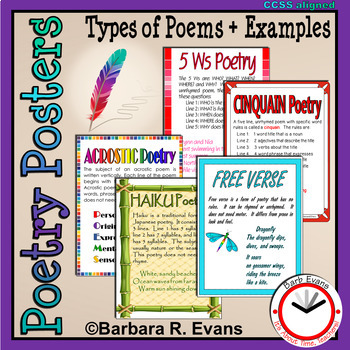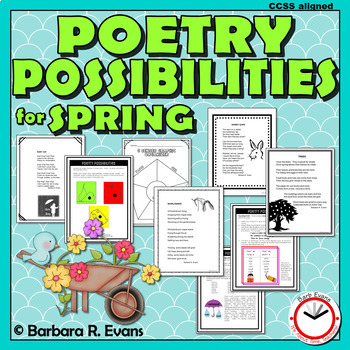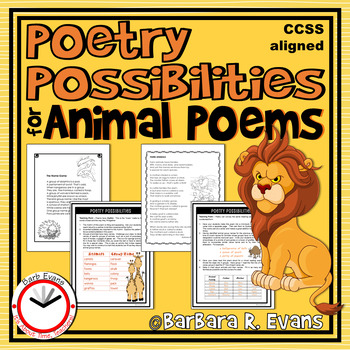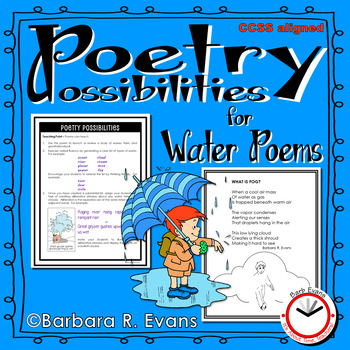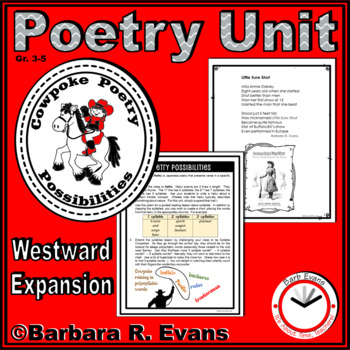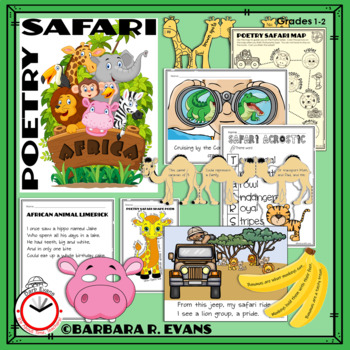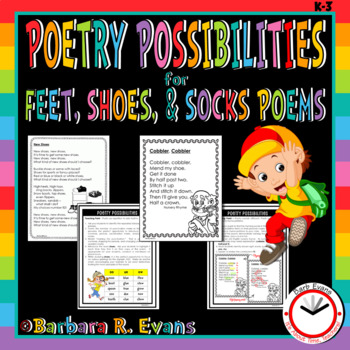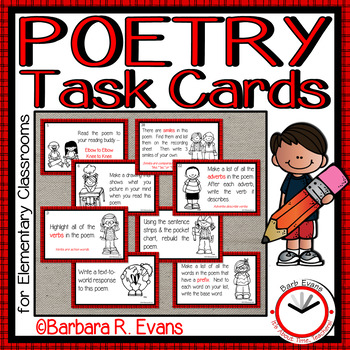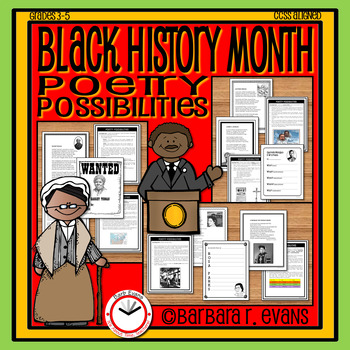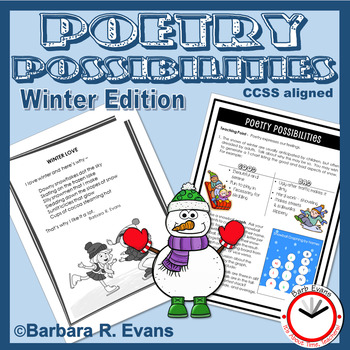It's about time, teachers,... to talk about using poetry centers for POETRY!
Depending on the age and stage of your students, you may wish to begin a study of poetic structures with rhyme scheme, meter, and/or stanzas. The figurative language synonymous with poetry is a rich source of study for centers. For example, metaphors are an appropriate subject for task cards:
Similarly, assonance, similes, alliteration, onomatopoeia, etc. can be studied at centers.
Writing responses to poetry are appropriate for centers,
as is creating original poetry. I find that elementary students are more comfortable writing poetry when they have a "prescription" for writing. For example, they love writing haiku.
There are many, many types of poetry that are engaging for students to write, but the "prescription" may be elusive. At my poetry centers, I place poetry posters with the task cards that ask them to write specific poetry. For instance, when using the task card for haiku, I put this poster at the center:
My goal at learning centers is for the students to be as independent as possible. After all, I'm conducting guided reading groups during center time. By using task cards and posters, I have largely accomplished this goal. There will always be some children who struggle to work independently, either because of their personality or learning needs. The majority, however, can act independently or find the assistance they need from their peers.
Please remember that none of this happens overnight. You must invest time in training your students to use centers of any type. With poetry centers, it is essential that you model the things you want your students to do and ensure that your students are very familiar with the poetry before you place it in the center.
Next time, I will address some random thoughts about poetry learning centers.
If you are interested in my poetry task cards and the poetry posters I created for poetry centers, you can find both at my TpT Store or in my TN Shop.


